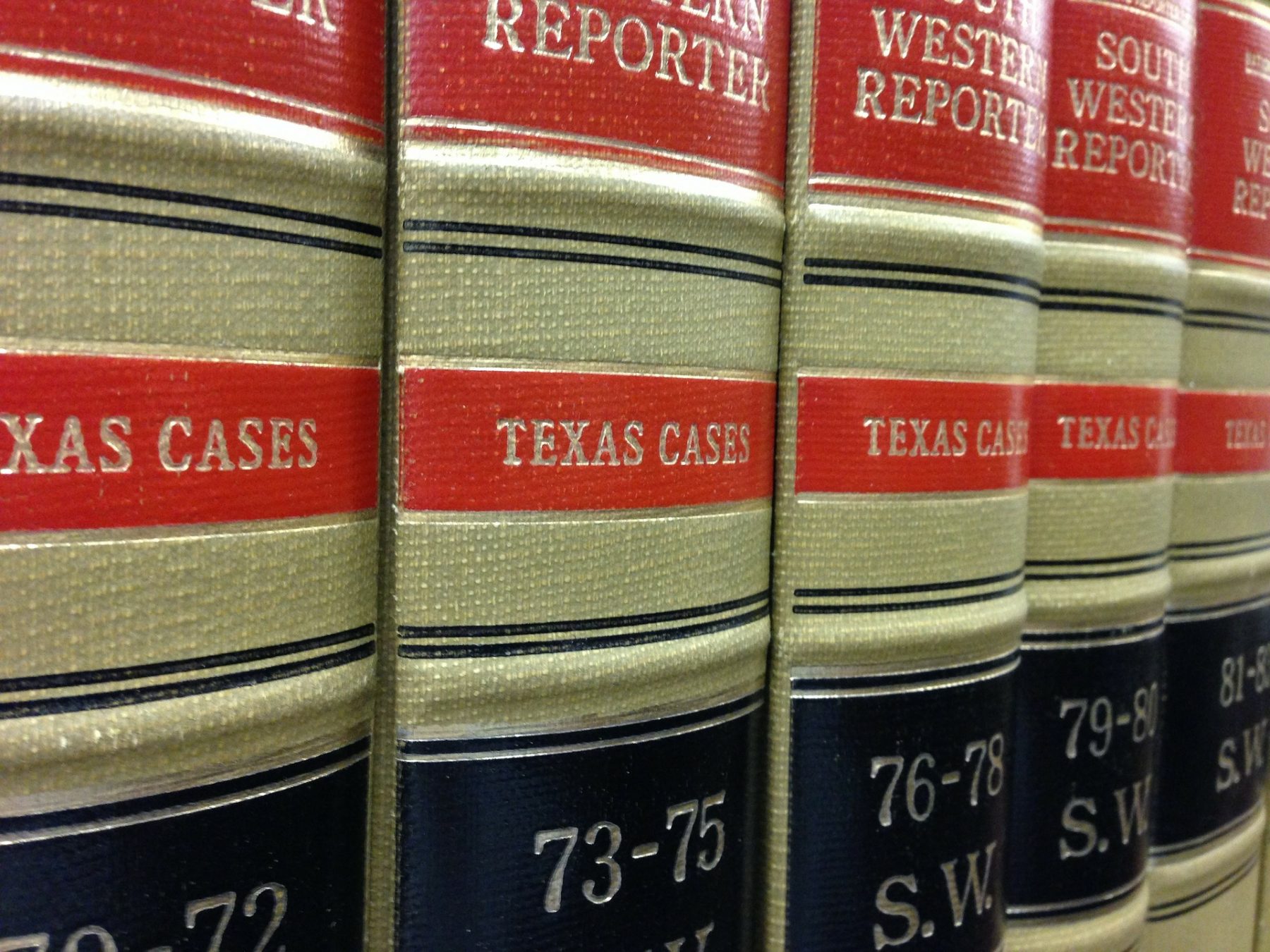
Earlier this month the Texas Supreme Court denied review of a 14th District Court of Appeals [Houston] decision awarding Zachry Construction Company $23 million against the Port of Houston authority for breach of contract. See Port of Houston Auth. of Harris Cty. v. Zachry Constr. Corp., 377 S.W.3d 841, 844 (Tex.App.–Houston [14th Dist.] 2012), rev’d, Zachry Constr. Corp. v. Port of Houston Auth of Harris Cty., 449 S.W.3d 98, 101 (Tex. 2014) Initially filed in 2006, the lawsuit arose from Zachry’s construction of a wharf at the Bayport Ship Channel. Zachry proposed an innovative approach to construction “in the dry,” using chilled brine to freeze earthen retaining walls to seal off the site from the waters of Galveston Bay. This technology saved time and mitigated the environmental impact of the project. When the Port discovered that it needed a longer berths to service the container ships it expected to use the facility, it executed a change order extending the work. When Zachry, in compliance with the change order, began using the same “in the dry” approach for the new section of the wharf, the Port objected and refused to sanction the work. Zachry thus abandoned the approach and constructed the new section in the conventional, but more expensive, “in the wet” approach. Zachry managed to complete the project in time, but incurred significantly higher construction costs. Zachry claimed that the Port’s refusal to allow Zachry to proceed under the change order constituted a breach because the contract gave Zachry complete control over the “manners and methods” of its work. Since Zachry operated as an independent contractor under the terms of the contract, the Port would not be liable for defects in Zachry’s work.
After a jury trial, the trial court awarded Zachry approximately $23.4 million in damages, liquidated damages, pre-judgment interest, and post-judgment interest. The Port appealed to the 14th District Court of Appeals, which reversed the trial court’s judgment and rendered judgment for the Port. Zachry appealed to the Texas Supreme Court and asked TCJL to file an amicus brief on its behalf. TCJL’s brief urged the Court to accept review on the basis that the court of appeals’ interpretation of the “no damages for delay” clause in the contract excused the Port’s misconduct in interfering with the manners and methods of Zachry’s work in violation of the contract. SCOTX accepted review and, among other things, held that the “no damages for delay” clause was void and unenforceable as a matter of public policy because of the Port’s arbitrary and capricious conduct, active interference, bad faith, or fraud. The Court reversed and remanded the case to the 14th Court to consider the Port’s remaining issues. In December of last year, the court of appeals issued a second decision, affirming the trial court’s judgment. SCOTX denied the Port’s petition for review of this second decision, bringing the litigation to a close.
From TCJL’s point of view, the Zachry case possesses significant importance for the Texas business community. It reaffirms that parties to contracts must respect the bargains they have made and not expect the courts to intervene if one party decides it doesn’t like the deal. The case also brings certainty to the interpretation of “no damages for delay” clauses in construction contracts and makes it clear that a contract provision granting a partial release of liens does not constitute a general release of all claims for payment under a contract.
The case exemplifies TCJL’s approach to amicus participation. Though it presents as a contract dispute between the parties, Zachry involves much broader issues of contract interpretation and enforcement that affect all TCJL members. Indeed, the fact that the case took more than a decade to resolve indicates both its complexity and the critical nature of its points of contention. Had SCOTX not taken the case and clarified the law, we would have faced an adverse court of appeals decision applicable to the state’s largest industrial county, possibly putting hundreds of millions of dollars in ongoing construction projects at risk. Fortunately, that did not happen here.
Want new articles directly to your inbox?
Subscribe to our Publishing Service.
SCOTX Mandamuses Houston [14th] Court of Appeals to Consider Whether Judgment Debtor Posted Adequate Alternative Security
In a per curiam opinion, SCOTX sent the matter back to the court of appeals. Issue one was the dispute over ex-husband’s net worth. After detailing the applicable statutes (§§ 52.006, .007) and TRAP 24.1 and 24.2, the Court noted that the parties agreed that the trial...
SCOTX Reverses Plainly Erroneous El Paso Court of Appeals Decision in Commercial Trucking Case
The Texas Supreme Court has reversed a divided El Paso Court of Appeals’ ruling that a plaintiff in a commercial trucking case presented more than a scintilla of evidence to overcome defendants’ no-evidence summary judgment motion where plaintiff didn’t have any...
SCOTX Reverses Nuclear Verdict in Werner Case
In a case in which we and just about every other organization on the defense side of the bar appeared as amici, the Texas Supreme Court has reversed a Houston [14th] Court of Appeals opinion affirming a $100 million verdict against a commercial trucking company. The...
